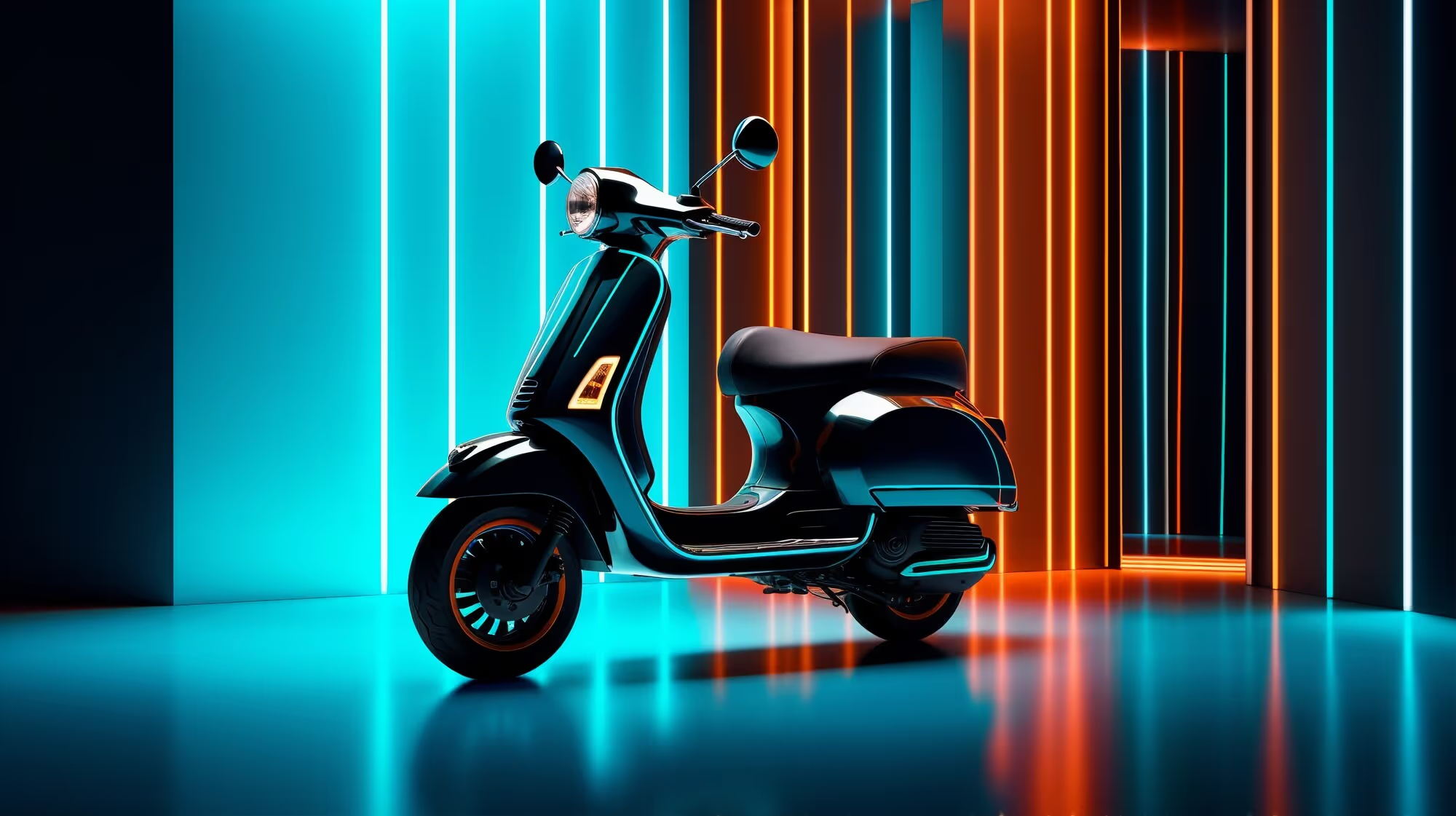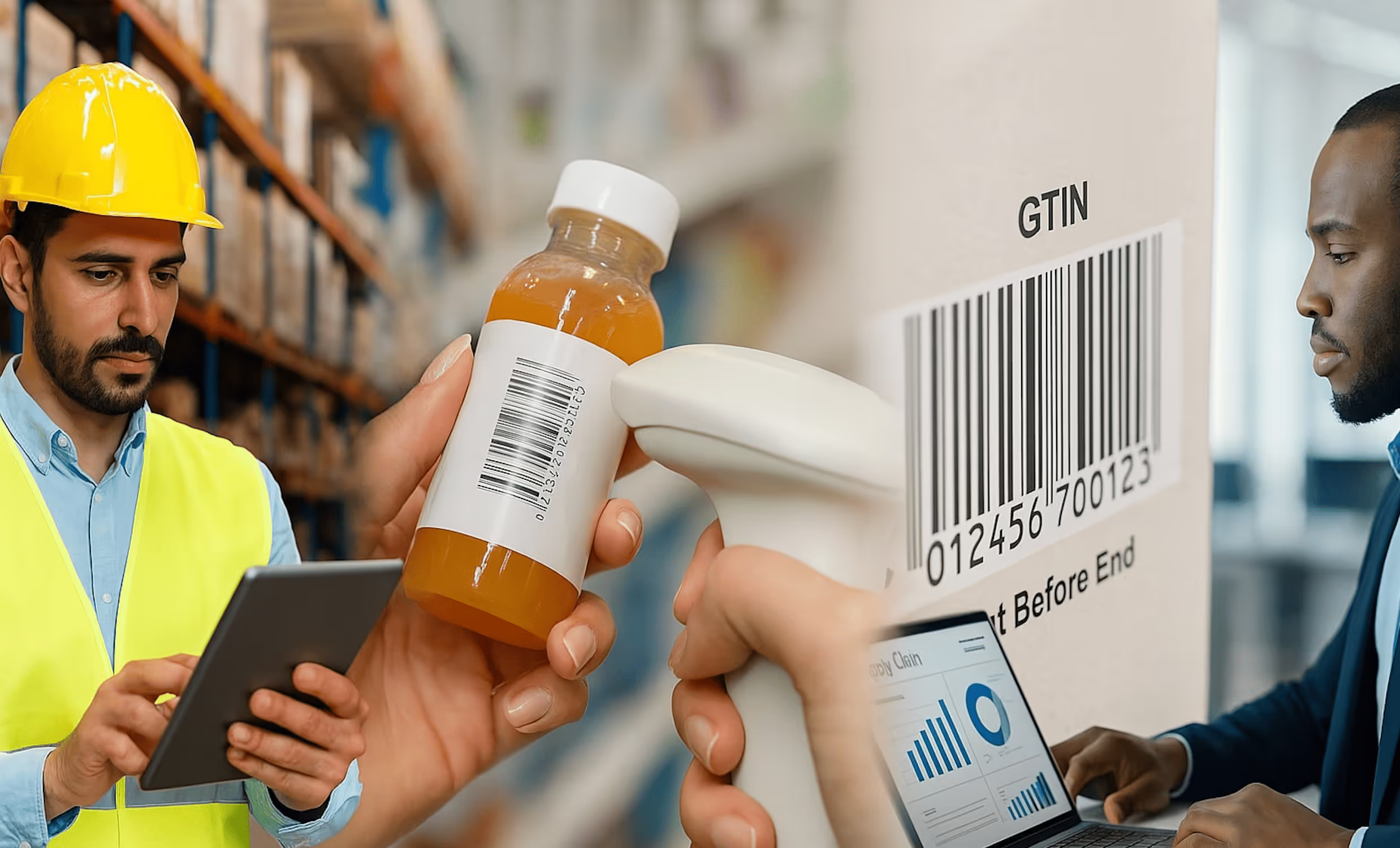
E-Vehicle Companion Application
E-Vehicle Companion App for Greaves Electric Mobility, stable BLE pairing, hybrid navigation, secure live tracking and console-app sync to improve rider experience and service efficiency.
Client
Greaves Electric Mobility Limited
Platform
Mobile
Industry
Manufacturing
Technology
React Native, AWS
90%
Enhanced Customer Experience
85%
Optimized Battery Performance
Data-driven
Insights
Proactive
Maintenance
About
Greaves Electric Mobility (GEML) is an India-based electric mobility company designing, manufacturing, and distributing electric two-wheelers and three-wheelers under brands such as Ampere, Ele, and Greaves 3W. GEML supports a large and growing customer base and operates across retail, service, and financing ecosystems to make electric transport accessible and sustainable.
Business Challenges
- No Standard Bluetooth Protocol — Inconsistent BLE support across scooter models made pairing unstable and integration unpredictable.
- Cost Constraints Pushed Local Maps — To control costs, navigation relied on lightweight local maps that lacked full routing, POI, and offline support.
- Limited OEM Integration Support — Manufacturers offered minimal API documentation, complicating telemetry integration.
- Console & App Synchronization — Maintaining real-time alignment between mobile app displays and scooter console UI added development complexity.
- Secure Real-Time Tracking Needs — “Find My Scooter” and live tracking demanded fast, reliable, and privacy-sensitive communication over Bluetooth.
Solution
- Adaptive Bluetooth Handling — Developed a robust BLE interface capable of handling varied protocols and implementing automatic reconnection logic.
- Hybrid Mapping Approach — Layered real-time GPS routing and overlays atop local maps to enrich navigation without skyrocketing costs.
- Reverse-Engineered Telemetry — Collaborated with field engineers to decode and normalize scooter data, enabling accurate telemetry integration.
- Dual-Channel UI Sync — Engineered a mirrored UI system so both console and mobile apps reflect ride status and navigation in real-time.
- Encrypted Location Sharing — Implemented secure broadcast of GPS data with user-controlled permissions and optimized polling for low-latency updates
Our Approach
1
Discovery & Strategy
Conduct in-depth analysis and identified key inefficiencies.
2
Tech Implementation
Integrated AI-powered tools to steer development activities.
3
Deployment & Support
Launched the solution and provided continuous support.
Our Steps
1
Pairing
Implement adaptive BLE handling (auto-detect protocol variants, automatic reconnection, robust error handling) so pairing is resilient across scooter models.
2
Navigate
Layer GPS routing and POI overlays atop compact local maps to offer routing and basic offline behavior while keeping costs and bandwidth low.
3
Sync & Secure
Mirror UI state between console and app with efficient state diffs, and enable encrypted, permissioned location sharing for secure, low-latency tracking.
Outcome
Projects
Selected Work
View All






